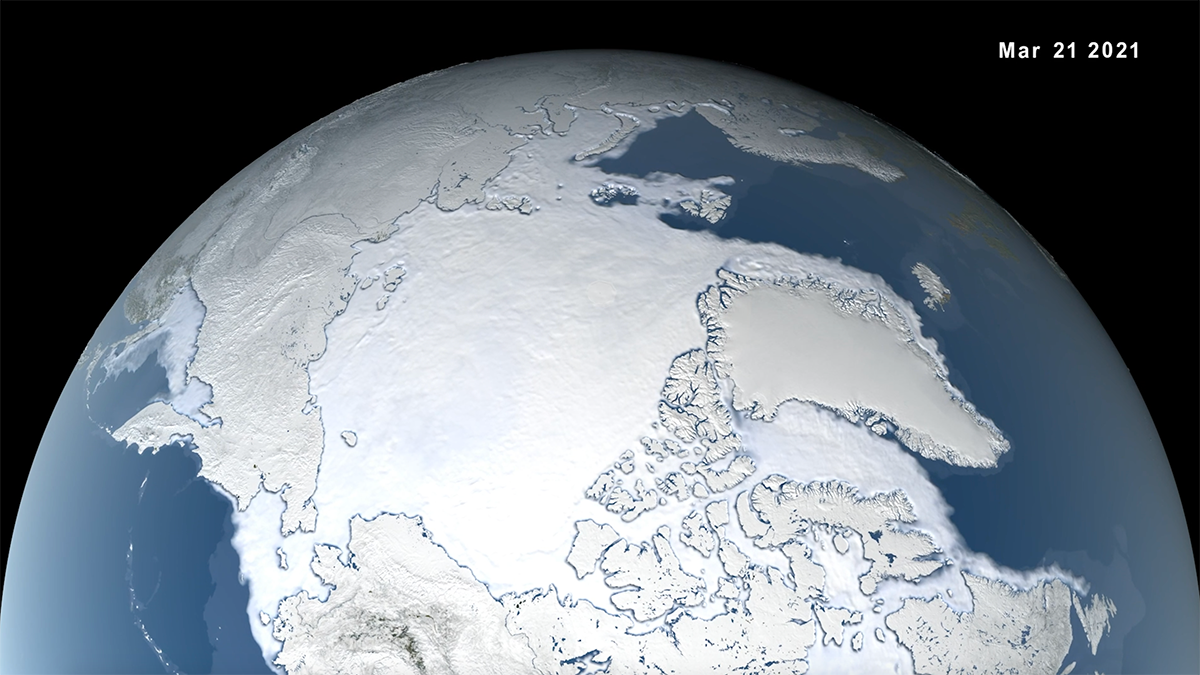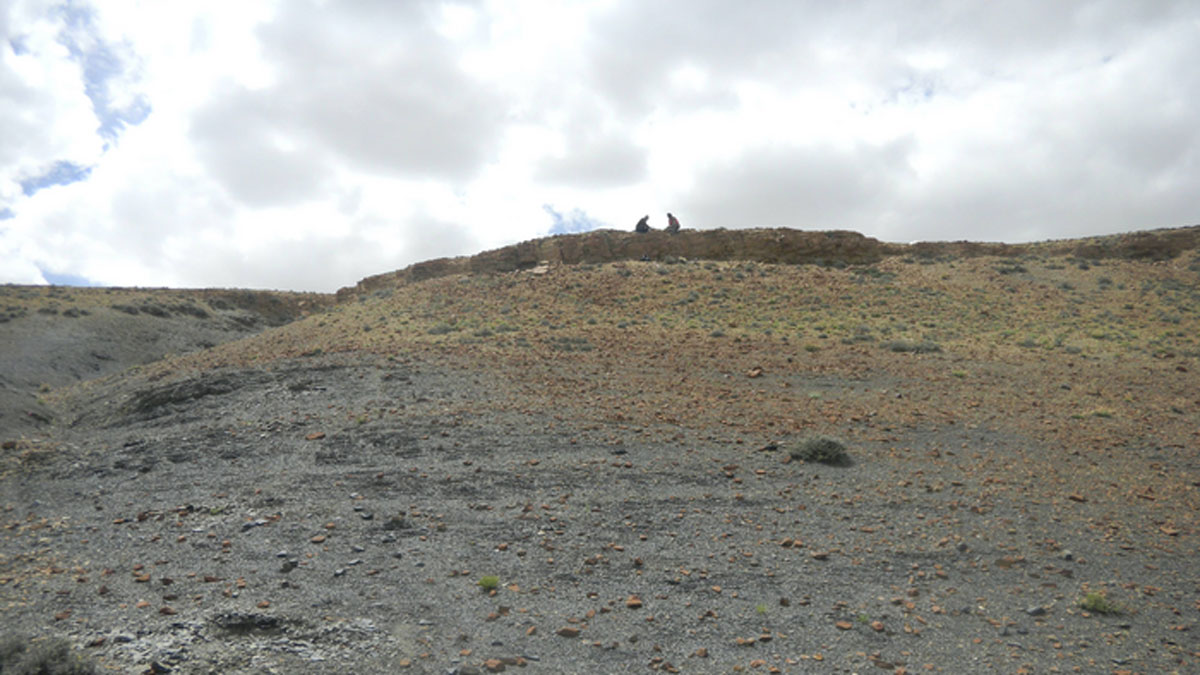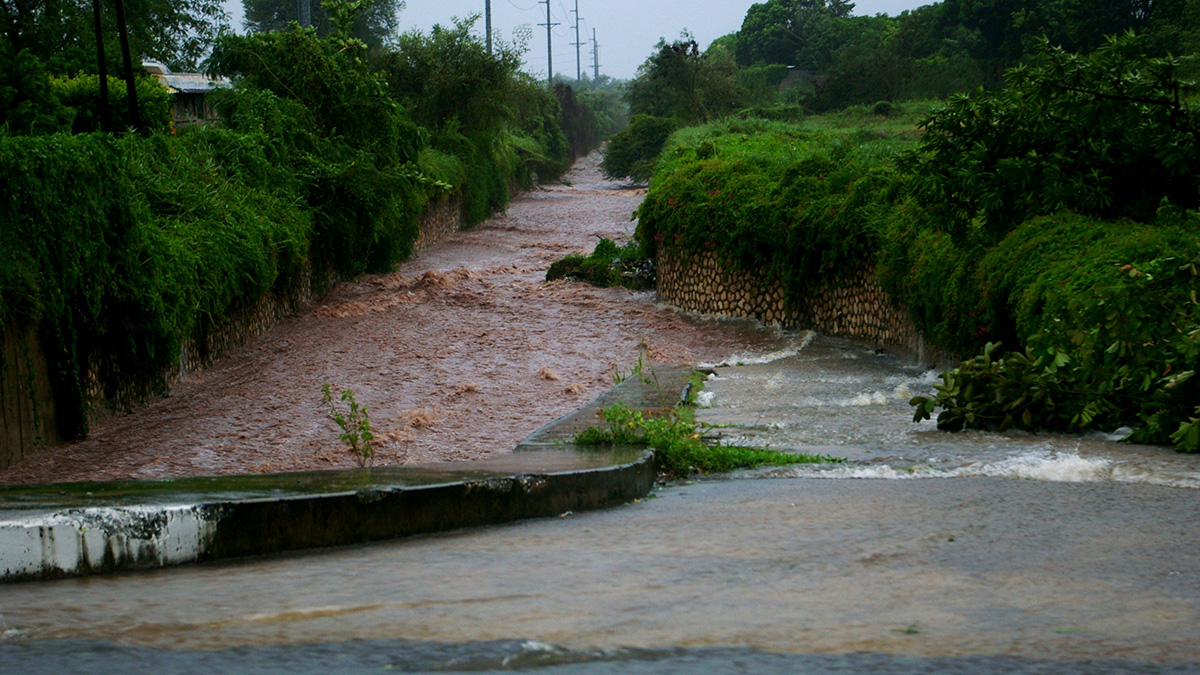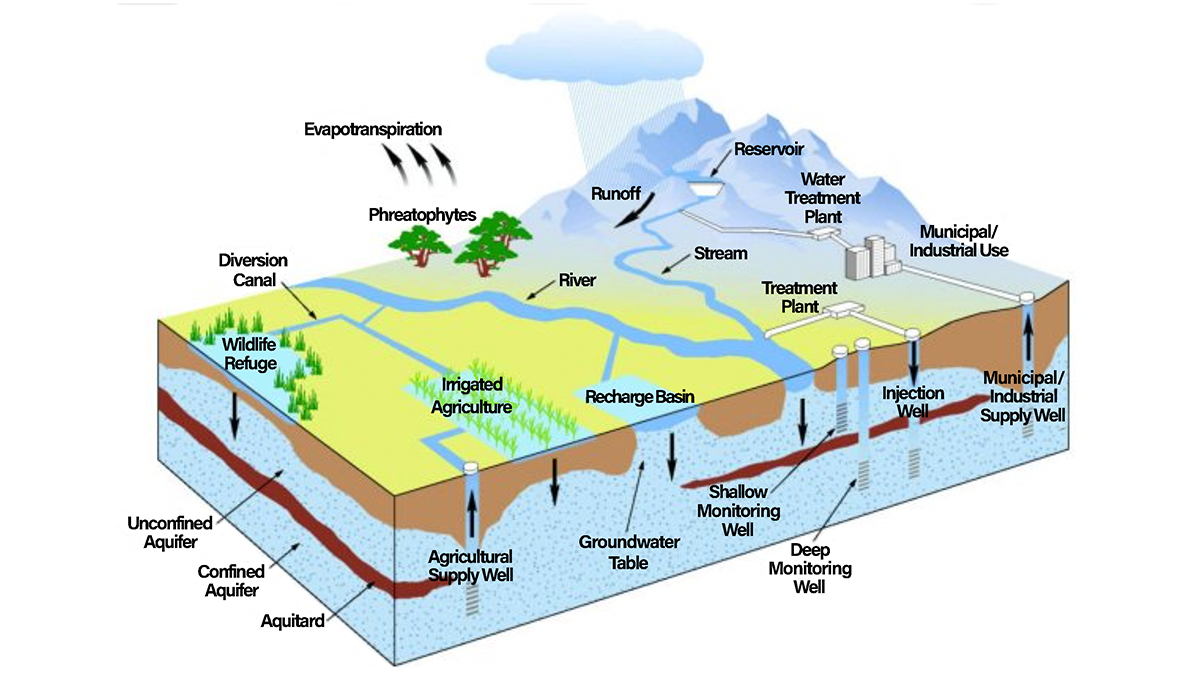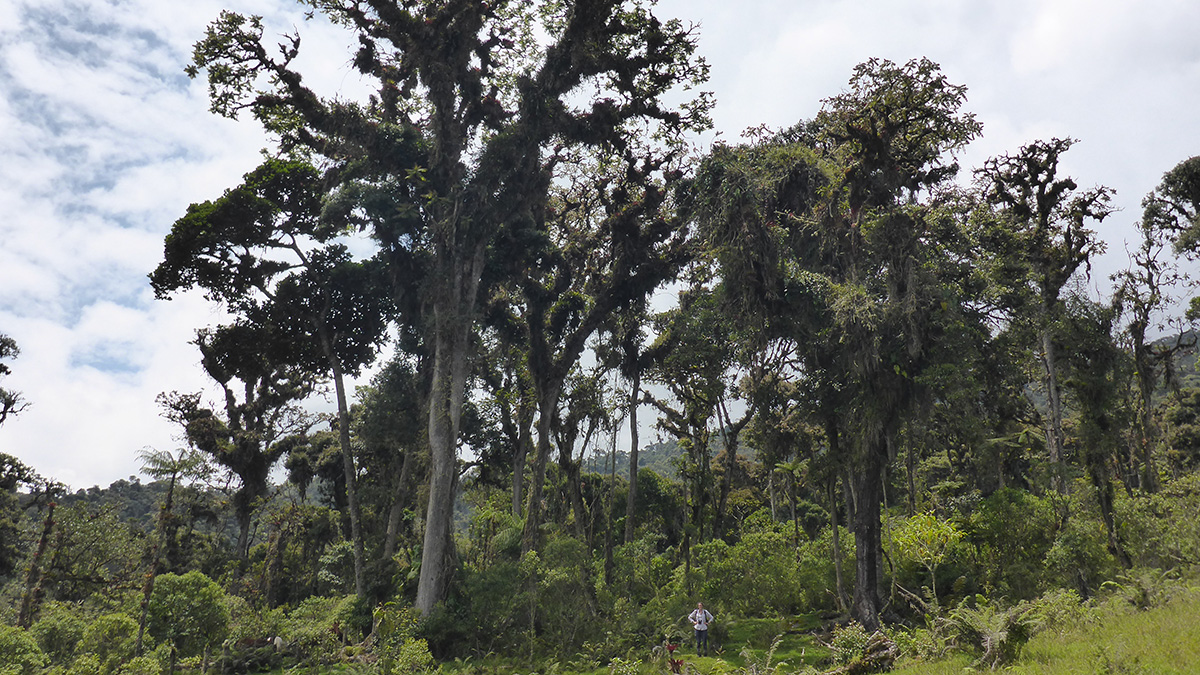Climate change is increasing the frequency of moisture-dumping atmospheric rivers in the Arctic. The storms are pushing back sea ice at a time of year when it should be expanding.
Rachel Fritts
Rachel Fritts is a science writer specializing in ecology, sustainability, and Earth science. Her work has appeared in a number of publications, including Ars Technica, Science News, Science, Mongabay, and Hakai Magazine. She also writes scripts about evolution for the PBS Digital Studios channel Eons. Rachel is currently completing a master’s degree in science writing at the Massachusetts Institute of Technology.
Prospecting for Copper with Machine Learning and Zircons
Using artificial intelligence, researchers can now identify zircons derived from valuable copper deposits.
UV Radiation Contributed to Earth’s Biggest Mass Extinction
To find the first direct evidence of heightened UV radiation during the end-Permian mass extinction, researchers turned to chemical evidence preserved in pollen grains.
How to Build a Climate-Resilient Water Supply
Scientists developed a new model to help water utility companies minimize weather-based disruptions to clean water access.
El agua subterránea se repone mucho más rápido de lo que pensaban los científicos
Un nuevo modelo basado en el clima indica que los científicos podrían haber subestimado la importancia del agua subterránea para mantener los ríos y la vida vegetal.
Groundwater Replenishes Much Faster Than Scientists Previously Thought
A new climate-based model indicates that scientists may be underestimating groundwater’s importance in sustaining streams and plant life.
Powerful Impact Provides Insight into Deep Structure of Mars
Seismic signals detected by the InSight lander show that the planet’s lower mantle may be less homogenous than previous models have suggested.
A Close Look at Melting Below Antarctica’s Largest Ice Shelf
Radar data reveal where, when, and how fast the base of the Filchner-Ronne Ice Shelf has been losing mass in recent years.
Amazon Basin Tree Rings Hold a Record of the Region’s Rainfall
New research provides a 200-year reconstruction of interannual rainfall in the Amazon basin using oxygen isotopes preserved in tree rings in Ecuador and Bolivia.
Unchecked Ocean Warming Threatens Many Gulf and Caribbean Corals
Gulf of Mexico and Caribbean sea surface temperatures could surpass coral bleaching thresholds in the region as soon as 2050, motivating the need for prompt mitigation, researchers say.

